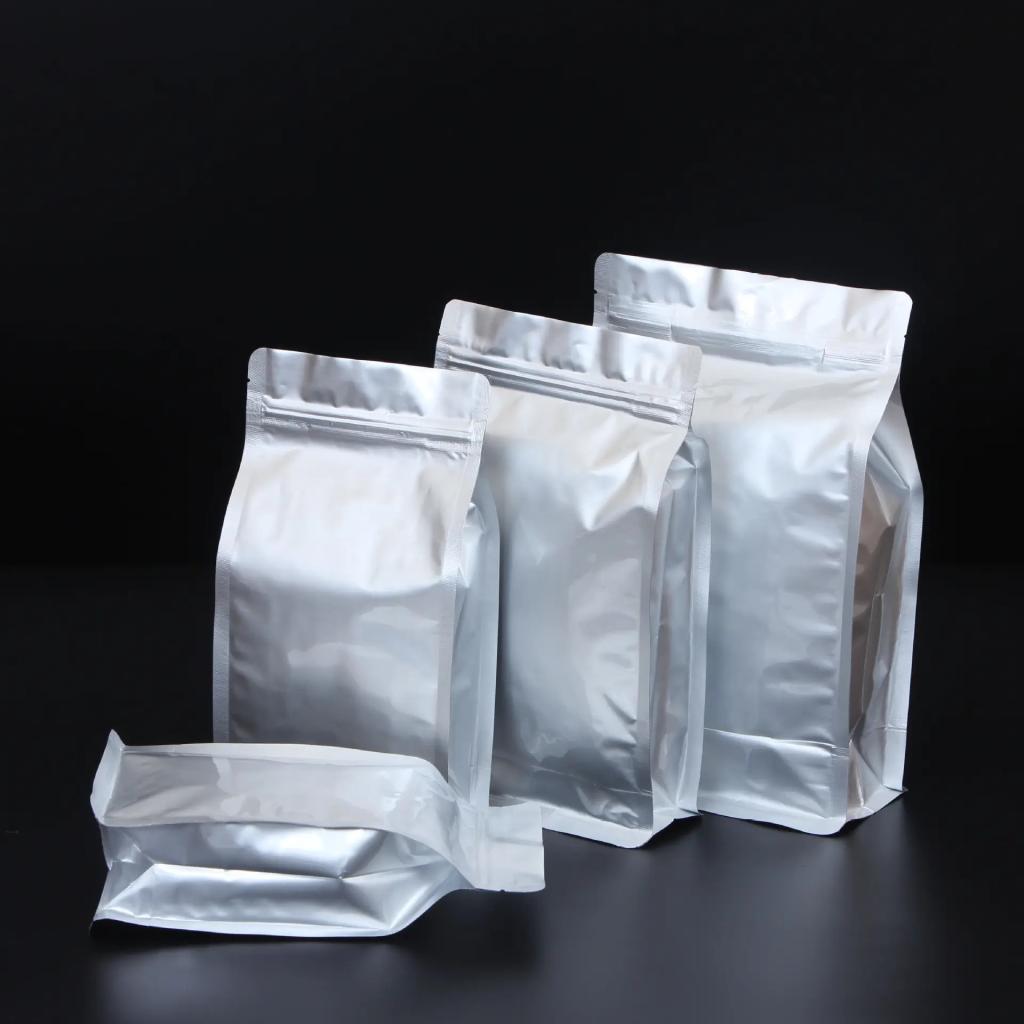
 CONTACT
CONTACT
- Linkman:Linda Yao
- Tel: +8618231198596
- Email:linda.yao@dcpharma.cn
- Linkman:CHARLES.WANG
- Department:Overseas
- Tel: 0086 0311-85537378 0086 0311-85539701
Nisin Chinese Supplier,Natural Food Preservative
TIME:2024-10-23
Nisin, as a natural food preservative, has a wide range of applications in the food industry. To ensure its effectiveness and the safety of food, certain requirements have been established for packaging materials.
Since nisin itself possesses antibacterial properties, it is essential that packaging materials have some degree of antimicrobial efficacy to ensure stability during storage and transportation. This helps prevent the invasion and proliferation of external microorganisms. Common antimicrobial packaging materials include plastic films infused with antimicrobial agents and nanofiber composites, which can inhibit microbial growth and extend the shelf life of food products.
Packaging materials should also possess good barrier properties to prevent the permeation of gases such as oxygen, moisture, and carbon dioxide, as well as microorganisms. This helps maintain the freshness and flavor of food while preventing microbial contamination. Common barrier packaging materials include aluminum foil and polyethylene (PE).
Nisin may react chemically with certain packaging materials, leading to a decline in food quality or the formation of harmful substances. Therefore, packaging materials should demonstrate good compatibility with nisin to avoid chemical reactions. Compatibility testing should be conducted when selecting packaging materials to ensure they do not affect the stability of nisin.
Packaging materials must remain clean throughout the production, processing, and storage phases to avoid contamination. Additionally, they should be easy to clean and disinfect to reduce microbial growth. Common hygienic packaging materials include sterilized paper and plastic films.
With the increasing awareness of environmental issues, more consumers are focusing on the sustainability of packaging materials. The packaging for nisin should possess features such as biodegradability and recyclability to minimize environmental pollution. Common sustainable packaging materials include biodegradable plastics and paper products.
The requirements for packaging materials concerning nisin include antimicrobial properties, barrier effectiveness, compatibility, hygiene, and sustainability. When selecting packaging materials, these criteria should be comprehensively considered to ensure food safety and quality.
- Tel:+8618231198596
- Whatsapp:18231198596
- Chat With Skype







